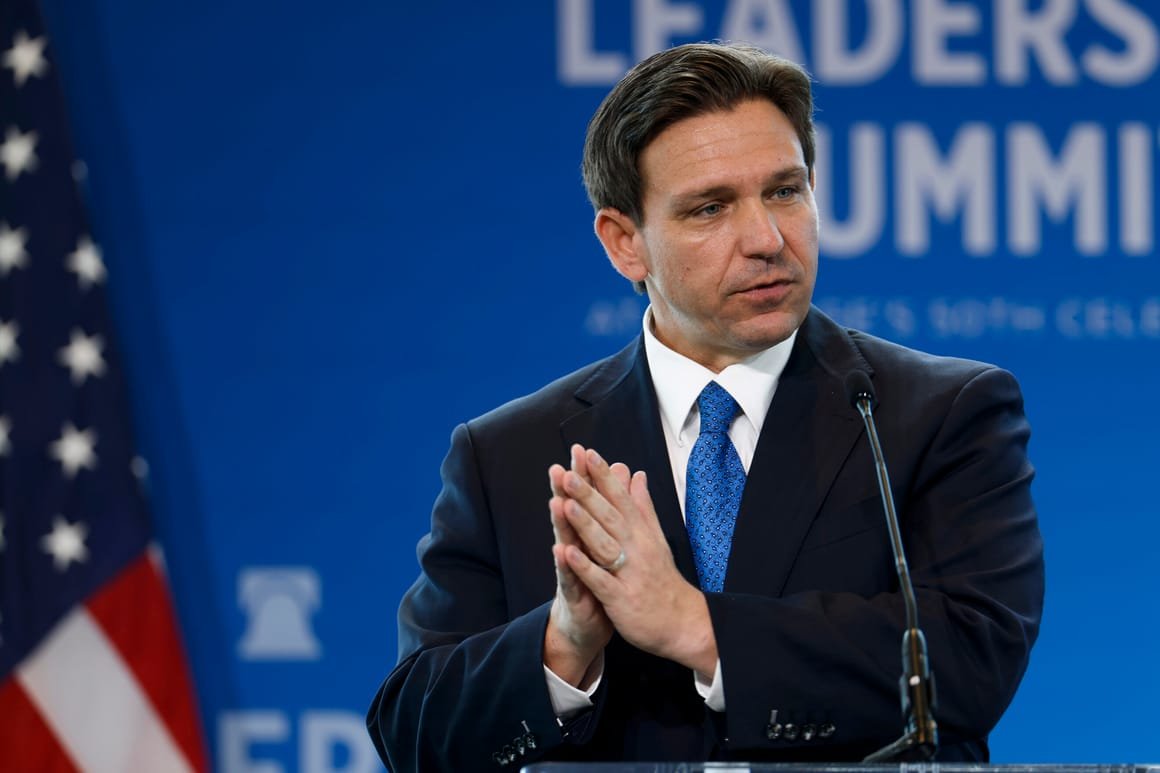The musician became an international star with The Harder They Come, expressly written for the movie of the same name, in which he played Ivan Martin, a young man trying to break into Jamaica’s corrupt music industry. “The film opened the door for Jamaica,” Cliff recalled. “It said, ‘This is where this music comes from.’”
The musician became an international star with The Harder They Come, expressly written for the movie of the same name, in which he played Ivan Martin, a young man trying to break into Jamaica’s corrupt music industry.
“The film opened the door for Jamaica,” Cliff recalled. “It said, ‘This is where this music comes from.'”
Cliff contributed four songs to the soundtrack, including the gospel hymn Many Rivers To Cross, which reflected his early days as a struggling artist in the UK.
“I was still in my teens,” he later recalled. “I came full of vigour: I’m going to make it, I’m going to be up there with the Beatles and the Stones.”
“And it wasn’t really going like that, I was touring clubs, not breaking through. I was struggling, with work, life, my identity. I couldn’t find my place. Frustration fuelled the song.”
Instead, the film and its soundtrack won him international acclaim. Rolling Stone magazine even named it one of their top 500 albums of all time, external.
During the 1980s, he collaborated with the Rolling Stones on their Dirty Work album, and he returned to the US charts in 1993 with his cover of I Can See Clearly Now, from the soundtrack for Cool Runnings, which followed the escapades of Jamaica’s bobsled team.
His other recordings included the Grammy Award-winning albums Cliff Hanger (1985) and Rebirth (2012), a nostalgic return to form.
Cliff entered the Rock and Roll Hall of Fame in 2010, calling it “a great thrill and an honour”.
Inducting him, Fugees star Wyclef Jean said he’d been inspired by Cliff’s success as a young boy growing up in Haiti.
“When we saw Jimmy Cliff, we saw ourselves,” he said.
Cliff continued to tour late into his life, playing Glastonbury’s legends slot in 2003; and winning over a new generation of fans at the 2010 Coachella Festival.
His contributions to Jamaican music and culture were recognised in October 2003 when he was awarded the country’s prestigious Order of Merit.
But the singer said his connection to fans was more important than any of the other honours bestowed upon him.
Speaking to US radio station NPR in 2012, external, he reflected: “When someone comes up to me and says, ‘I was a dropout in school and I heard your song You Can Get It If You Really Want, and that song made me go back to school, and now I am a teacher and I use your song with my students’ – that, for me, is a big success.”
 Internet Connectz
Internet Connectz 










Leave a Comment
Your email address will not be published. Required fields are marked with *